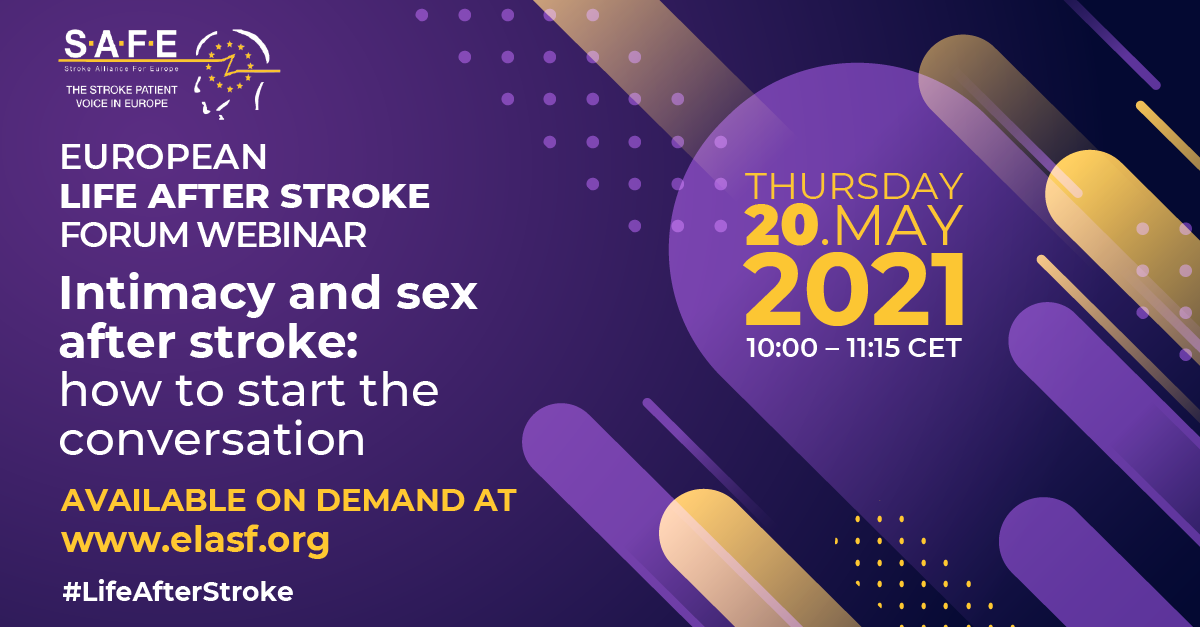
Jun 3, 2021
If you missed our virtual event last month, do not worry, you will now be able to watch the session at your leisure as it now available on demand at our European Life After Stroke website www.elasf.org
‘Thank you to all the speakers – such a valuable webinar. Really useful for my work with people living with stroke.’
Event participant
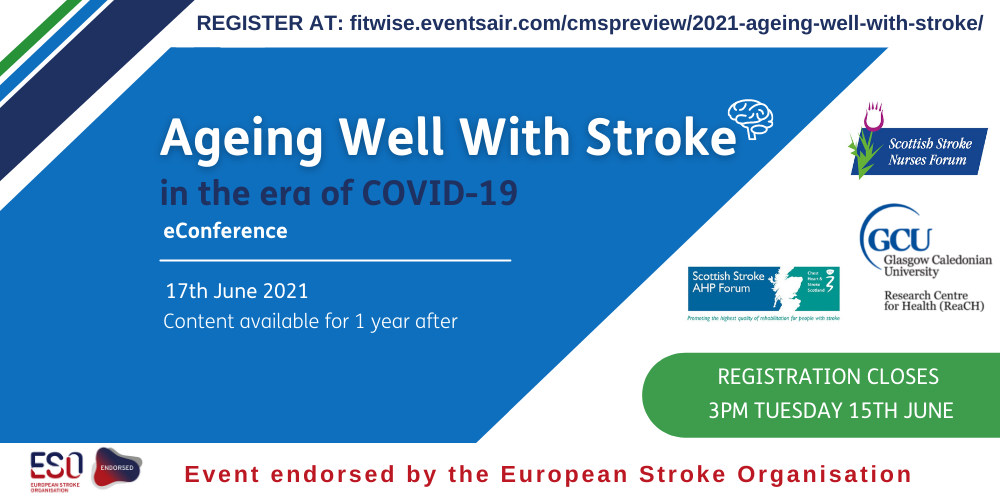
May 26, 2021
This UK virtual conference is for anyone involved in stroke care, rehabilitation and long-term support as well as stroke survivors and stroke support organisations.
Register by 15 June here https://rb.gy/wrpl51
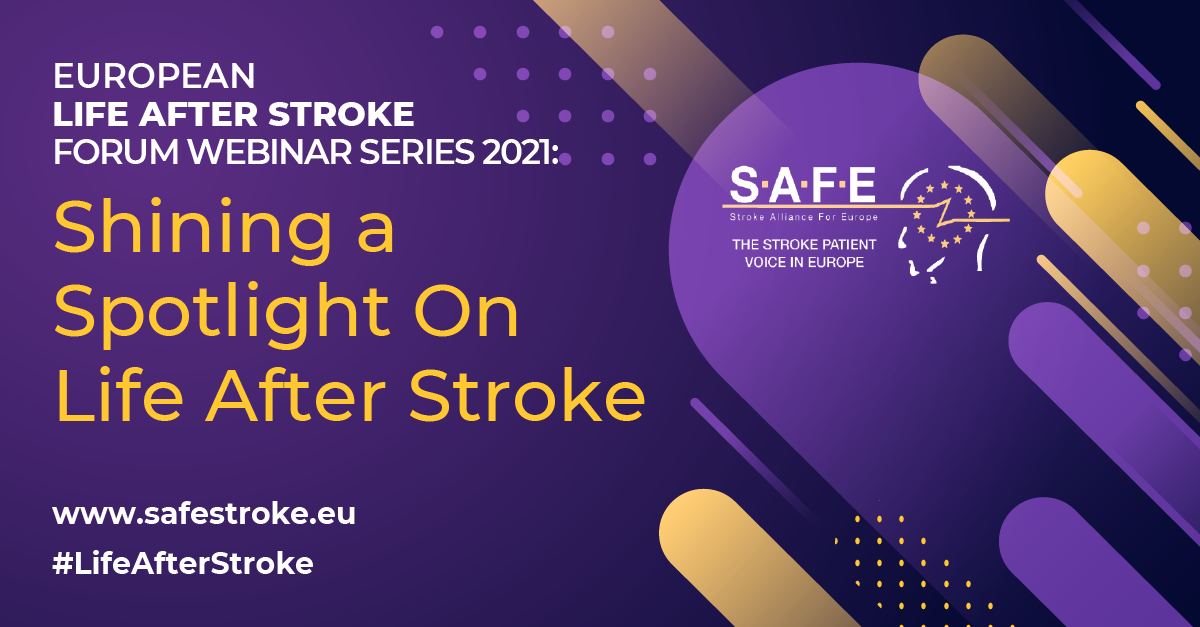
May 25, 2021
Almost 600 people registered for our virtual event last week.
If you were unable to join us on the day, you will be able to access the event on demand at your leisure at the end of this week. Go to www.elasf.org to find out more.
In the session, stroke survivor, Diana, talks openly of dealing with her sexuality after having a stroke at 34.
Some of the feedback from registrants:
‘Thank you to all the speakers – such a valuable webinar. Really useful for my work with people living with stroke.’
‘Thank you so much for sharing and being so open about something so personal Diana. I have a much better understanding of the worries, fear and practical concerns that stroke survivors are dealing with in regards to sex and intimacy now. It will really help my work with stroke survivors going forward.’
‘Thanks, Diana, for sharing your experience. I work in rehabilitation with people who have had brain injury and hearing you has helped me to understand better what some of our service users may be going through. Thanks so much.’
‘Thank you so much Diana for your openness and your explanation of the changes you experienced after your stroke and how you overcome these things. I know that it will help me to support stroke survivors that I work with in the future.’
‘Thank you for this insight into your experience it is so so powerful to help me talk to others who may be struggling. Thank you for being so brave.’
‘Thank you so much Diana. What an incredible journey. This was incredibly helpful. You are an inspiration.’
Our next event in our Life After Stroke series will be on Emotional and psychological impact of stroke on 29 September – please save the date. You can also catch up on our first webinar Life After Stroke: challenges and ways forward. All information can be found at www.elasf.org
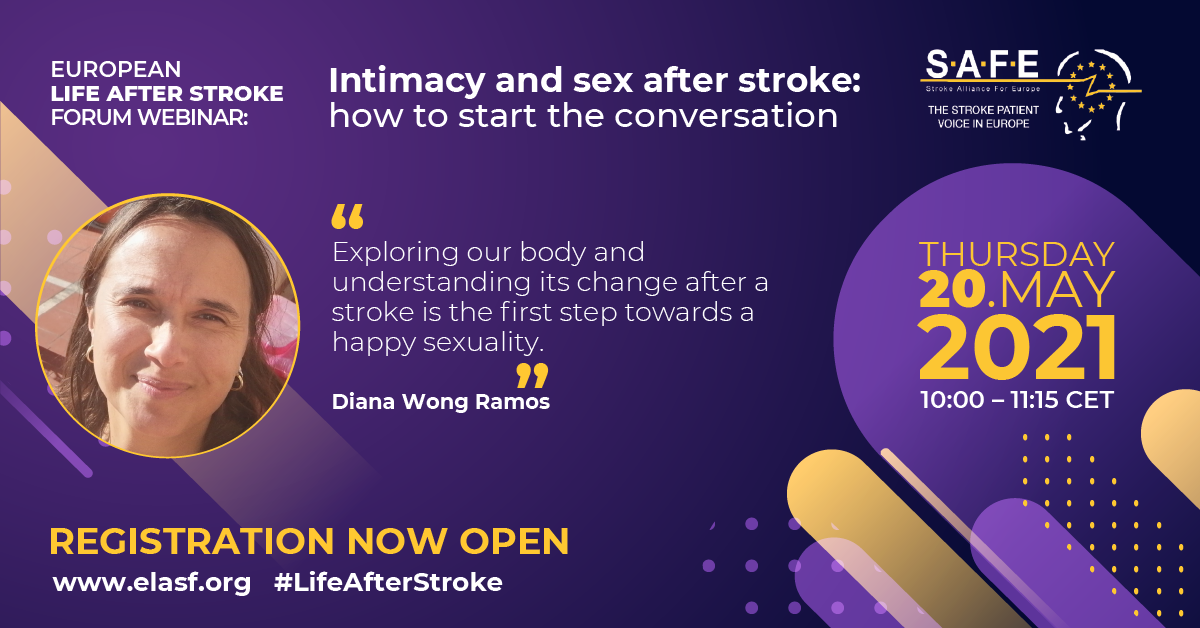
May 18, 2021
If you’ve not signed up to our latest Life After Stroke event, there is still time. Find out why it is important to join by listening to speakers Doug Youngson (https://youtu.be/wEbhiHvv2i8), Dr Ana Carvalheira (https://youtu.be/O745zoMowVE) and stroke survivor Diana Wong Ramos (https://youtu.be/9JX6Zatlfd8), and participants Nuno Ferreira (https://youtu.be/UBUrdmAbKrM) and Lisa Kidd (https://youtu.be/9KuWvzstIcU) There is still time to join us – register free bit.ly/3edVHxp
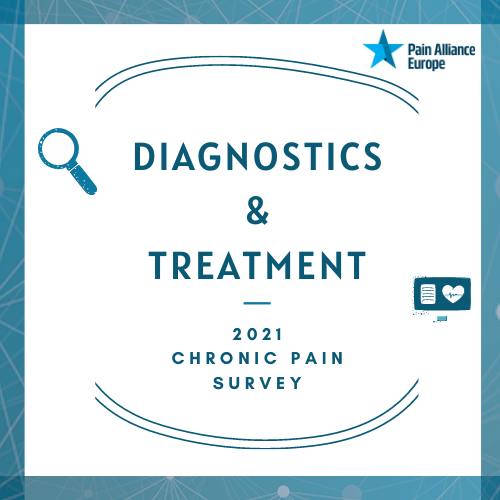
May 18, 2021
The Pain Alliance for Europe would like to hear your views on diagnostics and treatment for chronic pain.









